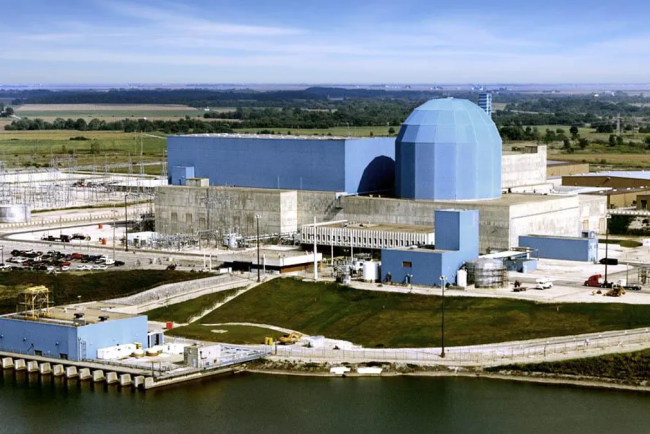India's Carbon Market: BEE Ensures Fair and Transparent Trading

The Bureau of Energy Efficiency (BEE), an Indian Ministry of Power department, has established a national carbon market as one of the major milestones to enable India in its pursuit of its climate ambition. The carbon market will enable the trading of carbon credits and facilitate the reduction of greenhouse gas emissions through market-based tools.
India's carbon market plan is an essential component of the nation's obligation under its international climate treaty agreement, that is, the Paris Agreement. The plan aims to enhance industry energy efficiency, providing a financial incentive to firms to curb carbon emissions. The use of the market encourages firms to adopt energy-saving habits and technology that translates into quantifiable cuts in emissions. Companies that reduce emissions can sell credits to companies that cannot achieve their targets.
Carbon market forms a constituent of the India's overall matrix of Perform, Achieve, and Trade (PAT) plan. The scheme incorporates energy-using sectors and ensures the provision of correct, measurable goals for efficiency of energy in terms of major industrial sectors. Participants that record performance above the set targets gain tradable credits for carbon, while participants falling short of their target must buy credits from them in order to meet the demands.
BEE will also have to perform the central role of regulating and monitoring the carbon market so that it is fair and transparent. India hopes that from this carbon market, the overall emissions are considerably minimized according to its Nationally Determined Contributions (NDCs) to the world's climate cause. Carbon market will also lead to the creation of green technology and energy conservation and thus assist India in realizing its sustainable development goals.
This strategy also profits the private sector. By stimulating a demand for carbon credits, firms are motivated to invest in energy-efficient technology and reduce wastage, and this will become cost-effective in the long run. The carbon market brings about an adaptable mechanism that allows companies to opt for the cheapest means of meeting their environmental requirements.
Conclusion:BEE's carbon market model is nicely tuned to carbon trading mechanisms prevailing around the globe so that India could become a part of future global carbon markets. This paves the way for new opportunities for Indian firms to enter foreign markets, dealing in carbon credits so as to contribute their share toward global climate demands.
In total, India's carbon market is an important step under the country's climate action plan. By way of carbon trade, it is providing an economic incentive for business houses to keep emissions low in order to encourage the world community to combat climate change.
Source: Bureau of Energy Efficiency (BEE), Government of India
What's Your Reaction?

















